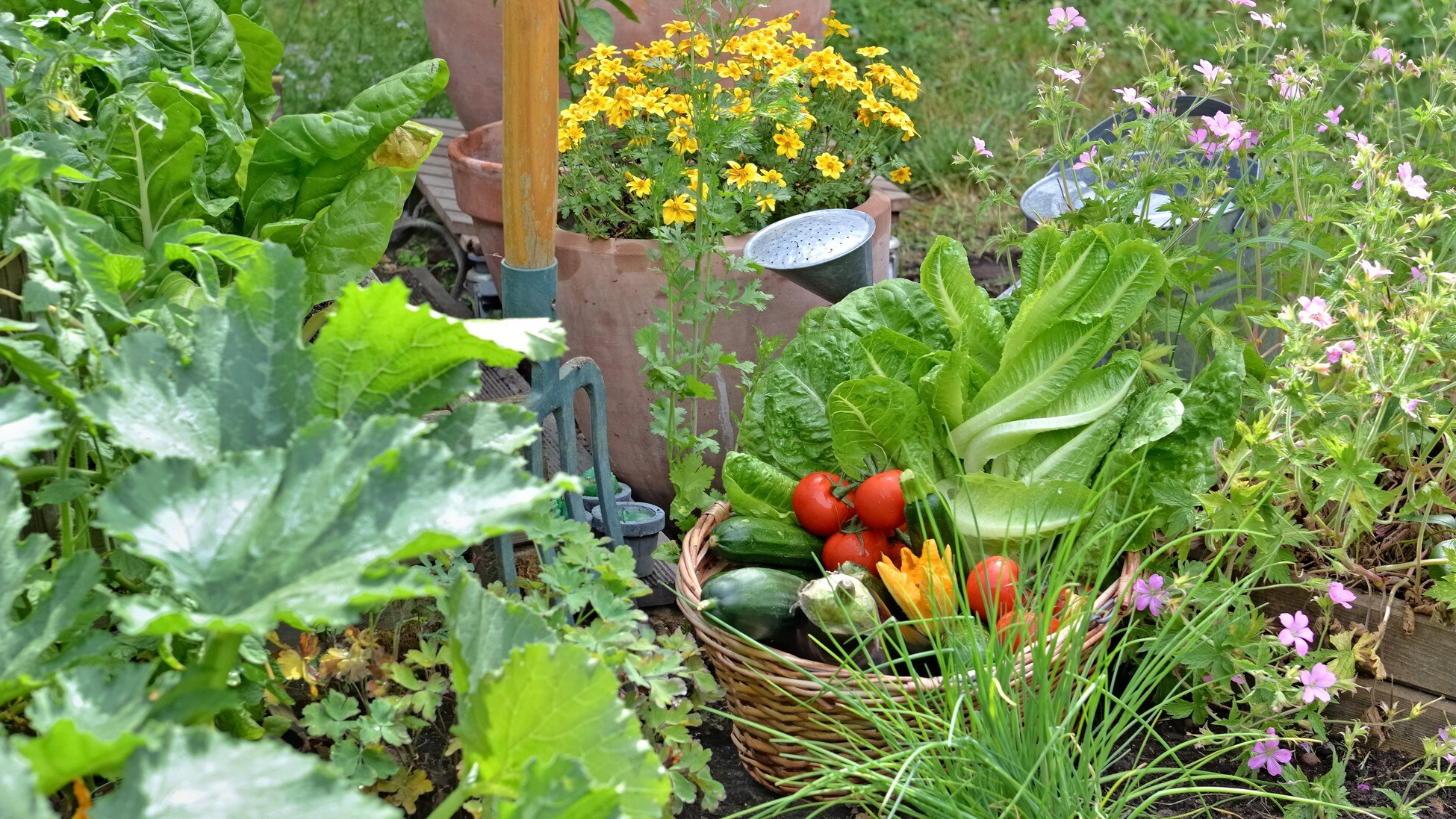Rooted In Love 2
Read the first iteration of “Rooted In Love” here.
The Root of the Matter
Gardening is not my forte. I have the flower beds to prove it. Only one in ten of the 42 plants, roots, and bulbs I put in the ground this spring has survived.
Admittedly, a few of them became salad for browsing deer and rabbits. But most of them have not shown their faces to the sun – yet.
My wife knew I was not a savvy gardener. When it was time to work in the yard, she patiently counseled, “Cut this, pull that, but DO NOT touch that!” Often as she walked back into the house I could see her shake her head as I struggled to manage the weeds and roots in our gardens.
The Role of Roots
Someone observed that in the world of trees and plants, the role of roots is to stabilize, search, share, and store. On behalf of the plants they work for, their network helps plants stay upright, even in bad weather. They reach way beyond the plants themselves in search of nutrients. What they find they share with their plants. And, they store nutrients for those times when food and water are less abundant.
Roots are often social. At times they mingle with roots from other plants to share food and information. An article in EARTH reports, “that tree in your garden is probably linked to a bush several meters away… They help their neighbors by sharing… and even sabotage unwelcome plants.”
Even the infamous and curious Brood X cicadas benefit from roots. Here in Southern Indiana they have finished their every 17-year assault on trees, plants and eardrums. Their progeny have burrowed back into the ground to spend the next 17 years savoring nutrients stored in the root systems.
Connections
Biblical Prophet Jeremiah, recognizing the role of rootedness to stabilize, search, share and store, used roots in this simile that one who trusts in God is “like a tree planted by the waterside, that sends out its roots along a stream. When the heat comes it has nothing to fear, its foliage stays green. Without care in a year of drought, it does not fail to bear fruit.” (Jeremiah 17:8 Revised English Bible)
In her book Braiding Sweetgrass, and in a chapter titled “Putting Down Roots,” Robin Wall Kimmerer reflects the devotion of indigenous peoples to Mother Earth. She observes “Plants are also integral to reweaving the connection between land and people.”
To take the thought another step, add that connections between people and people, and people and God, offer a tapestry-like rootedness which grounds and supports our lives of faith.
The Apostle Paul urged the faith community in Colossae to be “united in love” and wrote this to them: “Be rooted in him, be built in him; be strong in the faith as you were taught; let your hearts overflow with thankfulness.” (Colossians 2:7 – Revised English Version). The Jewish Annotated New Testament interprets this verse as the “four grammatically parallel ways members of the community should live:” rooted, built, strong, and thankful.
The Root of Faith
Faith is grounded in such a maze of amazing roots – relationships and connections which stabilize us and which provide nutrients to sustain us in all the times and occasions of our living. Grounded and connected in our various faith communities, we underscore the oft-repeated counsel of I Corinthians that when all is said and done, the best thing we can do in our lives is to love. (see I Cor. 13, especially vs 13)
The greatest Biblical commandment counsels that love of God and love of neighbor are the heart – dare we say root? – of what God expects of us.
Dr. J. Clinton McCann writes that being rooted in relationship with God gives us foundation and fruitfulness for the long run, so we are not easily blown away like chaff. (see Psalms 1, 52 and 92)
Nourished by the marvelous relationships and connections – a network of roots – in our faith communities, our “assignment” then is to grow gardens where the common good for every Child of God blooms.
To support us in that task, Apostle Paul prays “….may Christ dwell in your hearts as you are rooted and grounded in love.” (Ephesians 3:17).
Shalom.
Read the first iteration of “Rooted In Love” here.
Read the third iteration of “Rooted In Love” here.
View all articles by:






















